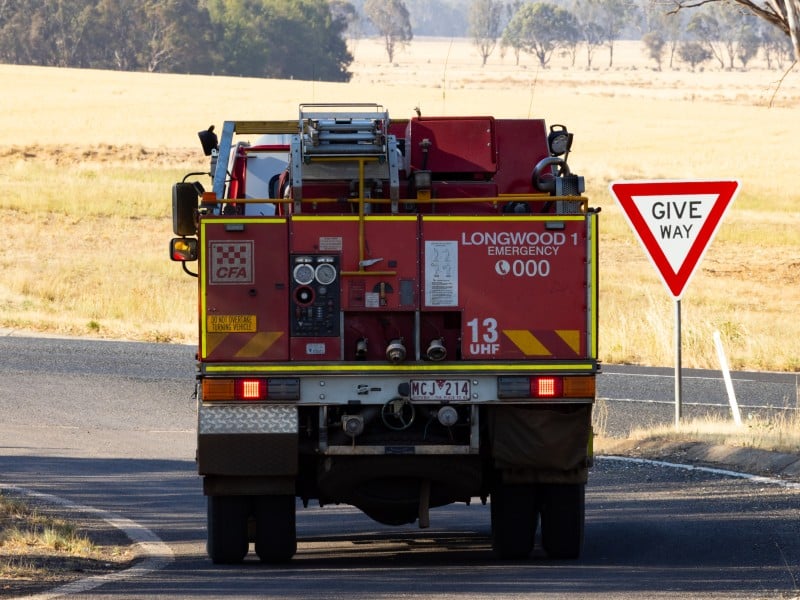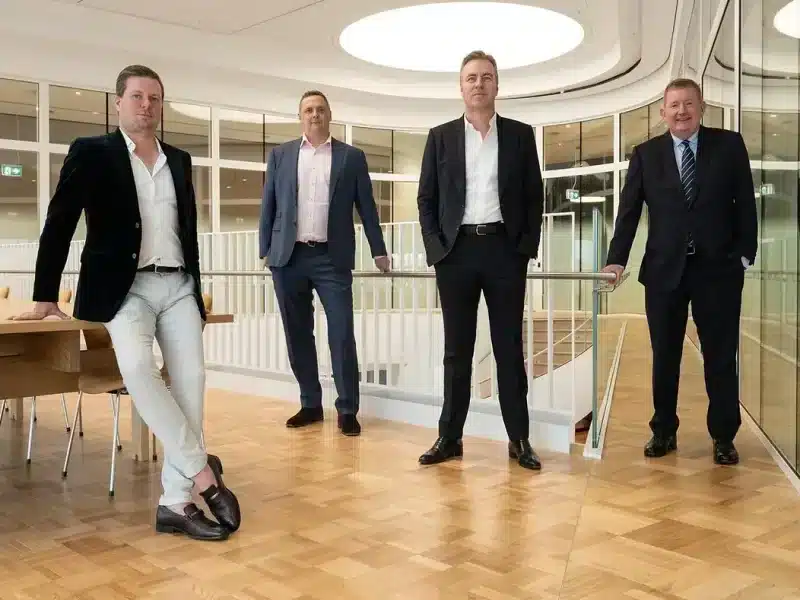Mills, Moonee Valley and the value of fresh perspectives
With the Moonee Valley Racing Club (MVRC) on the precipice of its greatest ever change, racing manager Charlotte Mills is in the thick of things.
The club recently revealed the most specific of details about its ongoing renovations, which have been on the boil for decades. The racecourse will close after the 2025 Cox Plate to effect a relocation of the grandstand, a lengthening of the straight and a shortening of the overall track circumference.
The new Moonee Valley will meld modern racing demands with urban living (to the tune of 2000 new apartments), the entire project spanning 15 years across the 98-acre precinct.
“The changes are real and they’re happening right now,” Mills says. “Buildings are going up and to see the holes being dug, even just the reduction in the front lawns on raceday, it’s incredibly real for us. Just recently there was a track-development working party where we talked about what new surface we might have.
“A new track is extremely rare, so it’s really exciting to be involved in that.”
Mills has been the racing manager at the MVRC since August 2022. She took the role knowing huge changes were afoot, which she admits was part of the appeal.
“A new track is extremely rare, so it’s really exciting to be involved in that.” – Charlotte Mills
Mills will help to oversee the temporary relocation of the club’s racing calendar, including its Cox Plate events, and these particulars are promised for decision in the first six months of 2024. One of the major talking points is where the Cox Plate will even occur.
“In all the discussions about the redevelopment, probably the one thing that is planted in my mind is that I love the intimacy of Moonee Valley,” she says. “I love that you are so close to the horses, and we hear the concerns about a new grandstand not having that level of intimacy.
“But sitting in on some of the more recent design discussions, I can certainly say that this is front of mind for the committee, the architects and the designers themselves.”
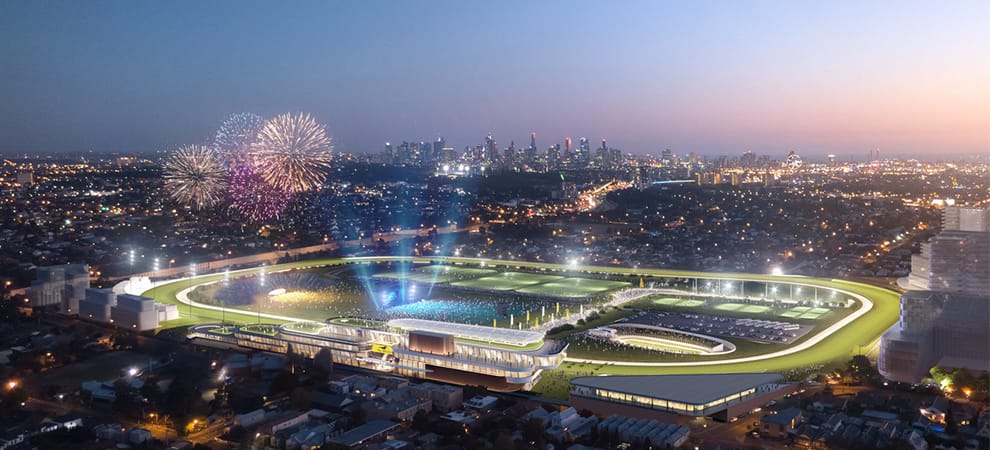
Of Melbourne’s ‘big three’ racecourses, Moonee Valley is the most eclectic. It’s the indie track, the one with an identity all of its own. For Mills, she has quickly appreciated that identity, which will be critical to her longevity as head of racing.
However, this is a woman whose inventory of previous experience will go a very long way at the MVRC. Geelong-born and raised, Mills held advisory roles in Federal Parliament on two occasions (in the portfolios of health and human services), and she was a public relations manager for Racing Victoria in the early 2000s.
Before taking up her role at the MVRC, she worked for 14 years at Racing and Wagering Western Australia (RWWA), evolving from manager of racing strategy in 2008 to eventual chief racing officer by 2017.
Mills has a boots-on, sleeves-up attitude to most things, and she gets things done. But she also gets racing.
“I’ve seen over many years in politics and racing, and racing is probably more political than politics, that facts and truth are what keep the industry going in every facet, be it the anti-gambling lobby or the welfare activists,” she says.
“Even more recently with the ORIC report into the treatment of people in our industry.
“We have to be open, transparent and trusting in this business if we are to survive going into the future. My fundamental principal is that truth matters, and it’s really as simple as that.”
“My fundamental principal is that truth matters, and it’s really as simple as that.”
Mills has been the racing boss at The Valley for 16 months and it’s been an interesting tenure.
The club redevelopment is front and centre, but Mills’ political sensitivities came into sharp advantage in August when, just after racing had recommenced from a four-month hiatus, the track was publicly savaged for bias.
“I’d stop short at calling it an attack on the track, but the level of negative commentary didn’t help,” she says. “In that instance, we engaged with a lot of the journalists who had make that commentary because my reaction was to get on the front foot.
“Coming from a PR background, ironically I’m not into spin, and so we actually hosted a track tour just before the Cox Plate to go through the process of preparation that gets the track perfect each year for that race.”
It was a quick crash-course in racecourse politics for Mills, and she admits there are challenges to managing racing at Moonee Valley. For a start, it’s an oddly shaped course and an old one, and its redevelopment is necessary, by most accounts.
“It’s aged and it takes a lot of work from a very clever team to get it to a point where it’s perfect for Cox Plate Day,” Mills says.
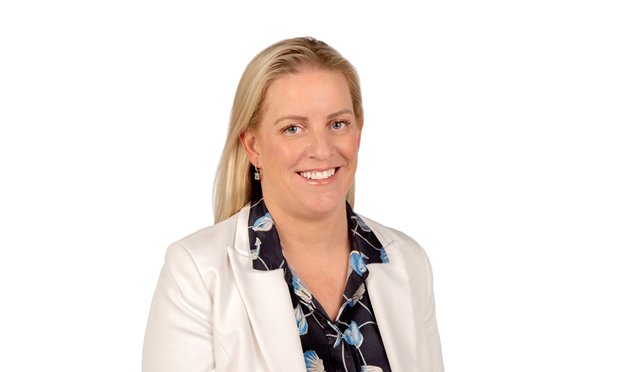
Moonee Valley has just under 23 months of operation before racing stops for the rebuild. When it picks up again 18 months later, the straight will have stretched from its 173 metres to 317 metres, and the overall track circumference will shorten slightly from 1800 metres to 1700 metres.
The grandstand will sit on the northern end of the course (it currently sits on the western end), and the MVRC has promised a ‘cambered’ home turn to sustain the current velodrome-like experience.
Mills says they’ve been listening to feedback, but listening was one of the critical aspects of her career before ever coming to Moonee Valley.
“This role was very different to everything I’d experienced up to then,” she says. “I wouldn’t call it being on the other side of the fence, but I’d been in the PRA (Principal Racing Authority) scene for a long time, and I hadn’t worked in the heart and soul of club operations. That’s been real learning for me the last 16 months.”
Before her 14 years at RWWA, Mills had also worked at the Tasmanian Thoroughbred Racing Council and Racing Victoria. They were crucial PRA roles, but she’d never worked the nuts and bolts of a metropolitan racing club.
When she arrived at Moonee Valley last year, it was during the Anamoe boom, just ahead of the horse’s winning the 2022 Cox Plate. The PR cycle was already in full swing, and she admits to something like imposter syndrome, watching it all go by in a hasty blur as she worked out how things were done.
“I felt a bit helpless because I wasn’t very involved in any of the work that went into that production piece,” she admits.
Michael Browell, CEO of the MVRC, says that Mills’ PRA experience was a huge advantage when it came to her recruitment last year.
“We thought it was a benefit that she had such a strong PRA background,” he says, speaking to The Straight. “Charlotte has been able to learn quickly as to how things operate in club land, but we saw great benefit in the work she’d done, particularly in Perth racing.
“She’s building the relationship of the club here back to Racing Victoria, and she’s been able to generate some really good outcomes for us.”
Browell says Mills has brought a “high level of expertise” to her role as racing manager.
“She’s done a fantastic job of building the network of relationships, both across the Victorian industry and across some of those key international markets. One of those helped to deliver us Romantic Warrior in the Cox Plate, and Charlotte will certainly take the brand we’ve been creating here at The Valley around the world.”
Romantic Warrior was the first Hong Kong-based horse to win a Cox Plate, and the highest-rated international horse to ever run in Australia.
“Charlotte will certainly take the brand we’ve been creating here at The Valley around the world.” – Michael Browell
He was a big ticket, opening up the Cox Plate to the World Pool, which was just the second time ever that Australia has hosted a World Pool race meeting (the only other was when the Lightning Stakes meeting at Flemington in February coincided with the Asian Racing Conference in Melbourne).
Mills enjoyed the complete cycle of build-up for the 2023 Cox Plate.
She takes little credit for getting Romantic Warrior to Melbourne, deflecting instead to jockey James McDonald, but she also went to Japan to lure Equinox, and in July she announced that the Saratoga Derby Invitational, a 1900-metre Grade One contest in upstate New York (and a race previously won by State Of Rest ahead of his Cox Plate victory), was the latest international Cox Plate qualifier.
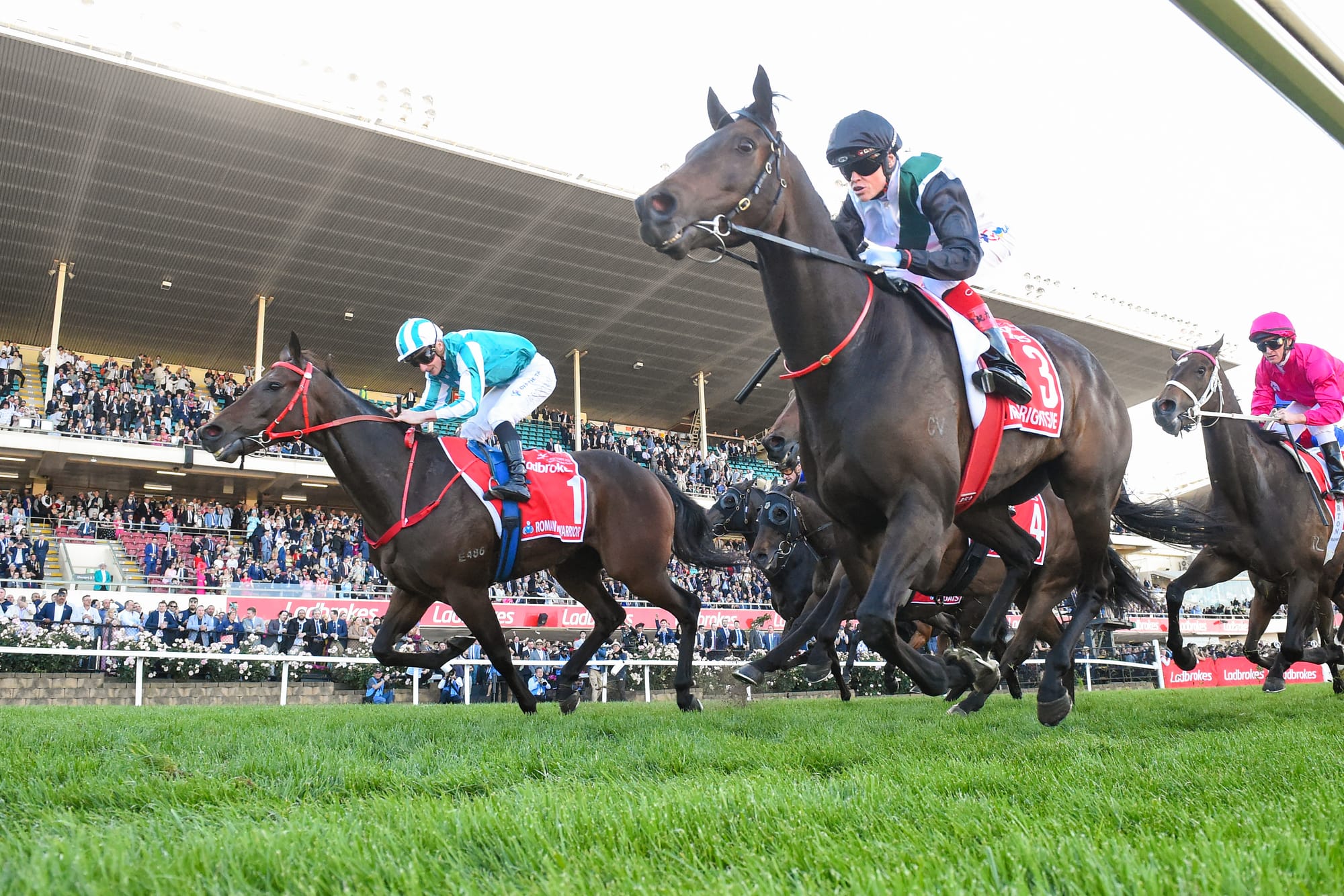
Mills was on the phone and on the road, opening avenues and networking heavily. She has been accessible to media, trainers and owners, and she would be one of the most savvy, experienced administrators in Australian racing.
She credits Western Australia with a lot of that, a state that has turned out the likes of Marjorie Charlson and Greg Carpenter.
To her, Western Australia has always seemed like a mediator in the Australian racing landscape, and she learned a lot from that. To this day, she speaks very highly of the west coast.
Mills, her husband and their three girls live in Geelong, but she admits that Geelong probably won’t cut the mustard when retirement beckons. The family has held on to its farm in Northcliffe, which is south of the Margaret River districts.
“We became too close to the neighbours all around us in the dairy farms,” she says. “We were the Perth jocks, but we finally got admitted to the pub as locals and we weren’t going to let go of that in a hurry.”

